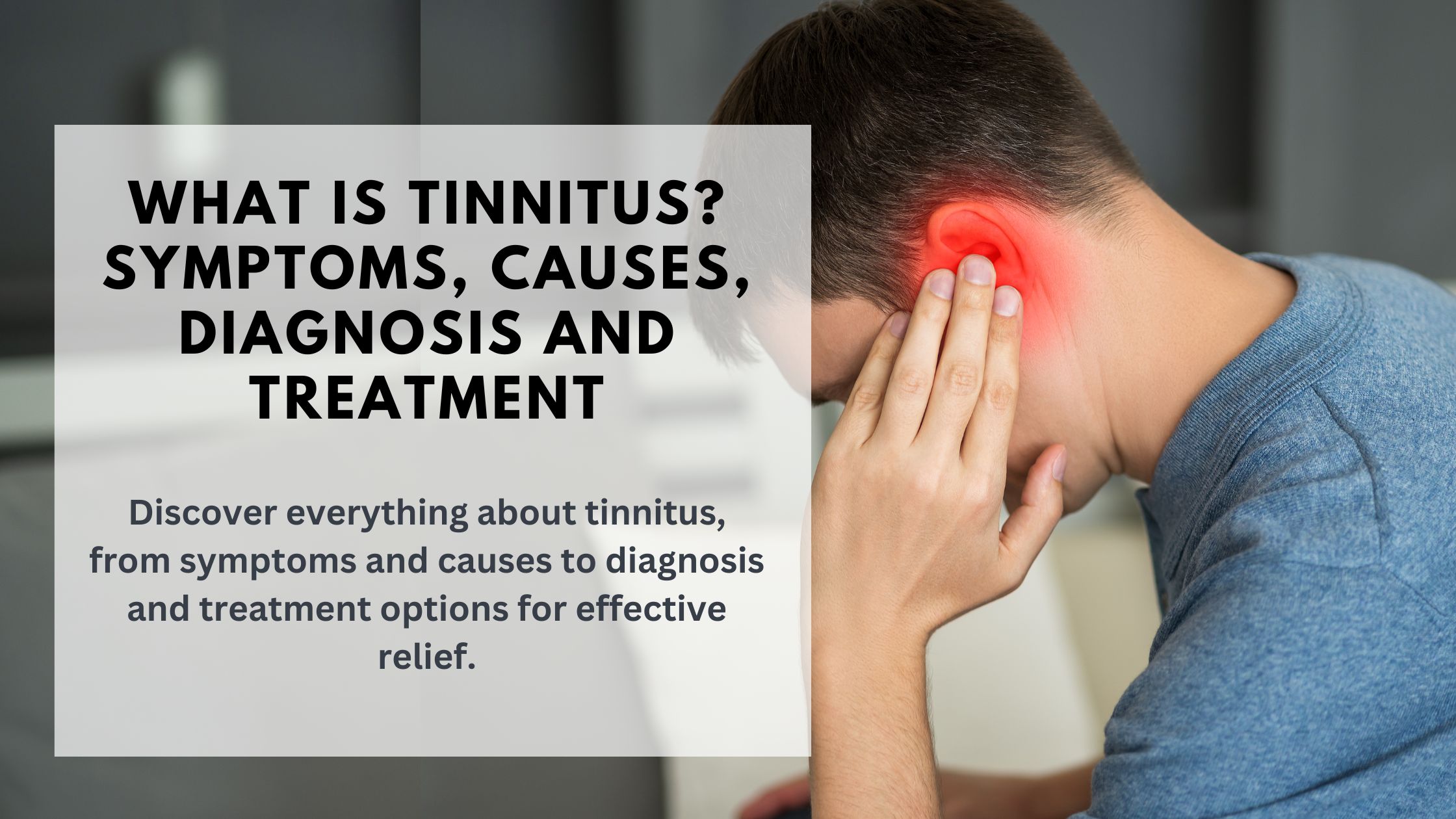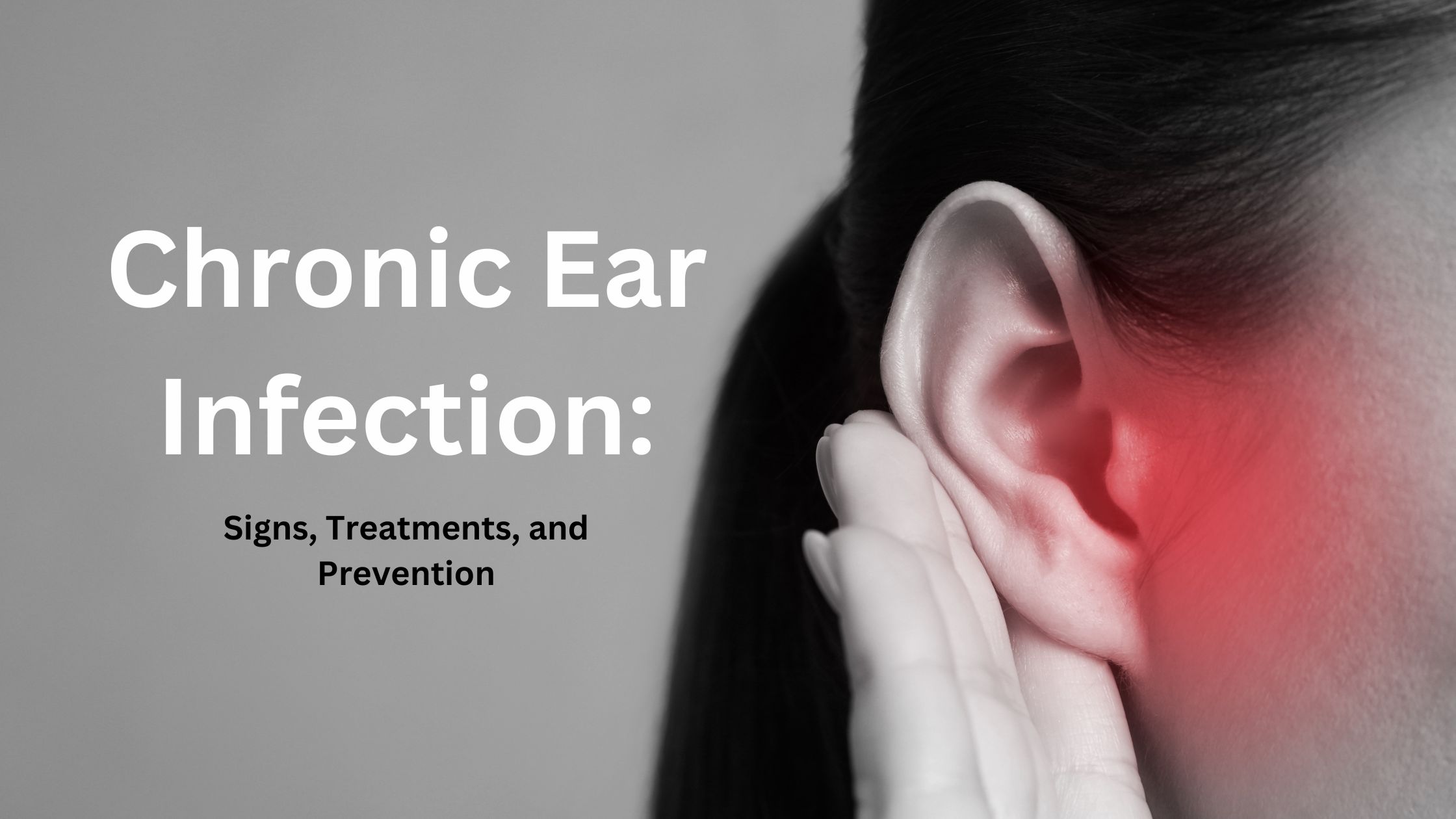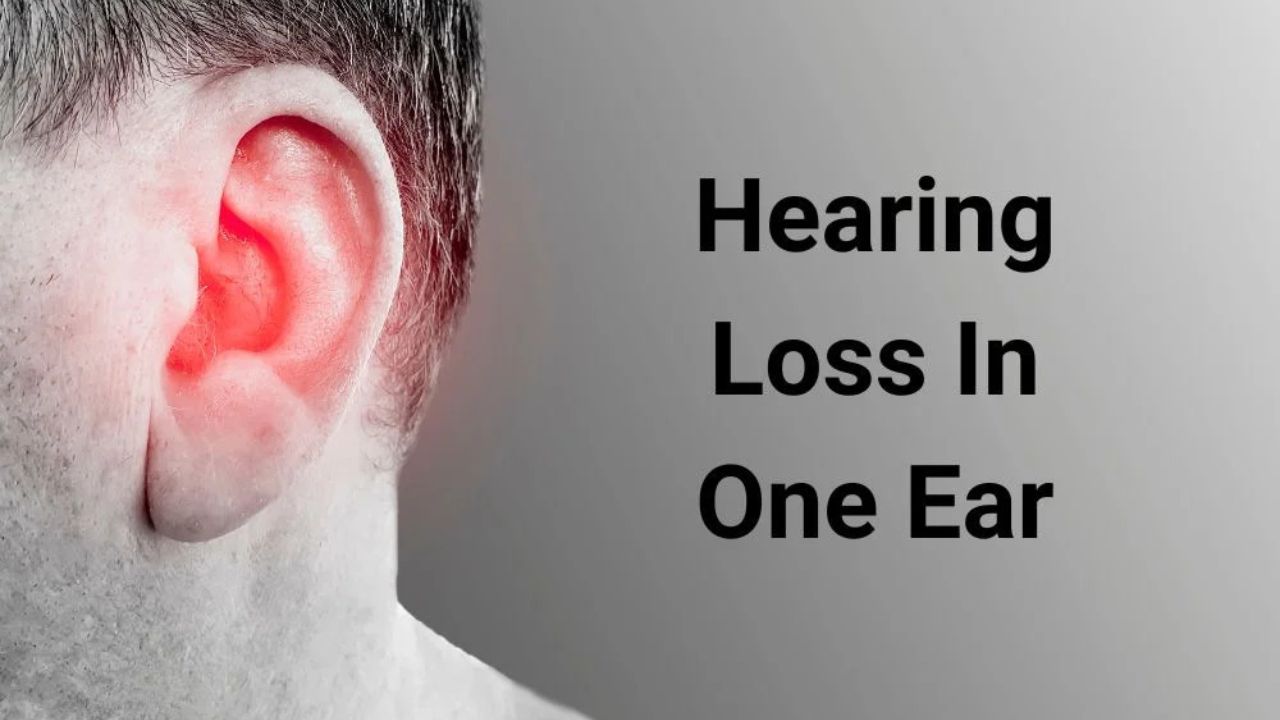Nosebleeds in medical terms, are a widespread phenomenon that affects many individuals throughout their lives. While often alarming, these episodes are typically benign and manageable without medical intervention. Nevertheless, gaining insight into the root causes of nosebleeds and acquiring knowledge about effective prevention techniques can substantially decrease their regularity and intensity. This Blog aims to delve into the diverse factors triggering nosebleeds and offer practical preventive measures, thereby enabling readers to proactively manage their nasal health.
Common Causes of Nosebleeds
Environmental Factors
The surrounding environment plays a crucial role in the occurrence of nosebleeds. Low humidity and dry air can cause nasal membranes to become dehydrated and crack, increasing their vulnerability to bleeding. Nasal passages may become irritated when exposed to allergens or irritants like dust, pollen, or chemical vapors, raising the risk of nosebleeds.
Furthermore, abrupt temperature fluctuations, particularly when moving between cold and hot environments, can cause rapid expansion and contraction of nasal blood vessels, potentially leading to ruptures and subsequent bleeding.
Physical Factors
Nosebleeds often result from physical trauma or injury to the nasal area. This can encompass direct impacts from accidents, sports-related injuries, or even forceful nose-blowing. Habitual nose picking, especially with long fingernails, can harm the fragile blood vessels within the nostrils.
Children may experience nasal irritation and bleeding from inserting foreign objects into their noses. While these physical factors typically cause immediate and visible nosebleeds, they can also inflict lasting damage, increasing susceptibility to future episodes.
Health-Related Factors
A variety of health conditions and medical treatments can contribute to nosebleeds. Nasal passages may become inflamed due to infections and colds, increasing their susceptibility to bleeding. Long-term sinus inflammation, known as chronic sinusitis, can also elevate the risk. Individuals with blood clotting disorders like hemophilia or von Willebrand disease may find it challenging to stop bleeding once it begins.
High blood pressure (hypertension) can weaken blood vessel walls, making them more prone to rupture. Certain medications, especially blood thinners and some nasal sprays, can increase nosebleeds likelihood by either thinning the blood or drying out nasal passages.
Lifestyle and Habits
Personal choices and habits can significantly influence the frequency of nosebleeds. Tobacco smoking irritates nasal membranes and may lead to chronic inflammation, making the nose more prone to bleeding. Overconsumption of alcohol can cause blood vessel dilation and impaired clotting, potentially resulting in more frequent and severe nosebleeds. Drug use, particularly cocaine, can severely damage the nasal septum and surrounding blood vessels, often leading to recurrent nosebleeds.
These lifestyle factors not only increase nosebleed risk but can also worsen underlying health conditions contributing to the issue.
How to Prevent Nosebleeds
Environmental Adjustments
Implementing simple environmental changes can greatly reduce nosebleed risk. Utilize humidifiers in dry settings, particularly during winter or in air-conditioned spaces, to maintain optimal humidity levels and prevent nasal membrane dehydration. Minimize exposure to known allergens and irritants such as dust, pollen, or strong chemical odors to reduce nasal inflammation.
Maintain moderate indoor temperatures and gradually transition between hot and cold environments to prevent rapid nasal blood vessel expansion and contraction, thus lowering the likelihood of ruptures.
Proper Nasal Care
Implementing appropriate nasal care techniques is essential for nosebleed prevention. When blowing your nose, apply gentle pressure and avoid excessive force. Instruct children on proper nose-blowing techniques and monitor them to ensure they’re not being too aggressive. Discourage nose picking, particularly in children, and keep fingernails short to minimize injury risk. Employ saline nasal sprays or rinses to maintain moisture in nasal passages and remove irritants.
These straightforward care practices can significantly reduce the risk of damaging delicate nasal tissues.
Health and Lifestyle Tips
Adopting healthy lifestyle choices and effectively managing existing health conditions can significantly contribute to nosebleed prevention. Maintain proper hydration to keep nasal membranes moist and less prone to cracking. Cease smoking and moderate alcohol consumption to reduce inflammation and enhance overall nasal health. If you’re taking medications that may increase nosebleed risk, such as blood thinners or nasal sprays, discuss proper usage and potential alternatives with your healthcare provider.
Addressing underlying health issues like hypertension or allergies through appropriate medical care can also help reduce nosebleed frequency.
When to See a Doctor
While most nosebleeds are benign and manageable at home, certain situations warrant medical attention. Consult a healthcare professional if you experience frequent nosebleeds, typically more than once weekly. Nosebleeds accompanied by additional symptoms, such as easy bruising or bleeding from other body parts, may indicate a more serious underlying condition.
Seek immediate medical care for severe or prolonged nosebleeds that don’t respond to standard first-aid measures or result in significant blood loss. In such cases, a healthcare provider can evaluate the cause and recommend suitable treatment.

Conclusion
Comprehending the origins of nosebleeds and employing effective prevention strategies can markedly reduce their occurrence and impact on daily life. Most individuals can successfully manage and prevent nosebleeds by implementing simple environmental modifications, practicing proper nasal care, and embracing healthy lifestyle habits. While occasional nosebleeds typically aren’t cause for alarm, frequent or severe episodes necessitate medical evaluation. If you’re dealing with persistent nosebleed issues, consider consulting an ENT (Ear, Nose, and Throat) specialist.
Udaipur residents can seek specialized care for nosebleed-related concerns from Dr. Sushant Joshi, a distinguished ENT expert in Udaipur. By taking proactive measures to maintain nasal health, you can experience fewer nosebleeds and improve your overall well-being.
Also read – Seasonal Allergies: Symptoms, Causes, and Treatment
Follow us on Facebook: @entforall
















